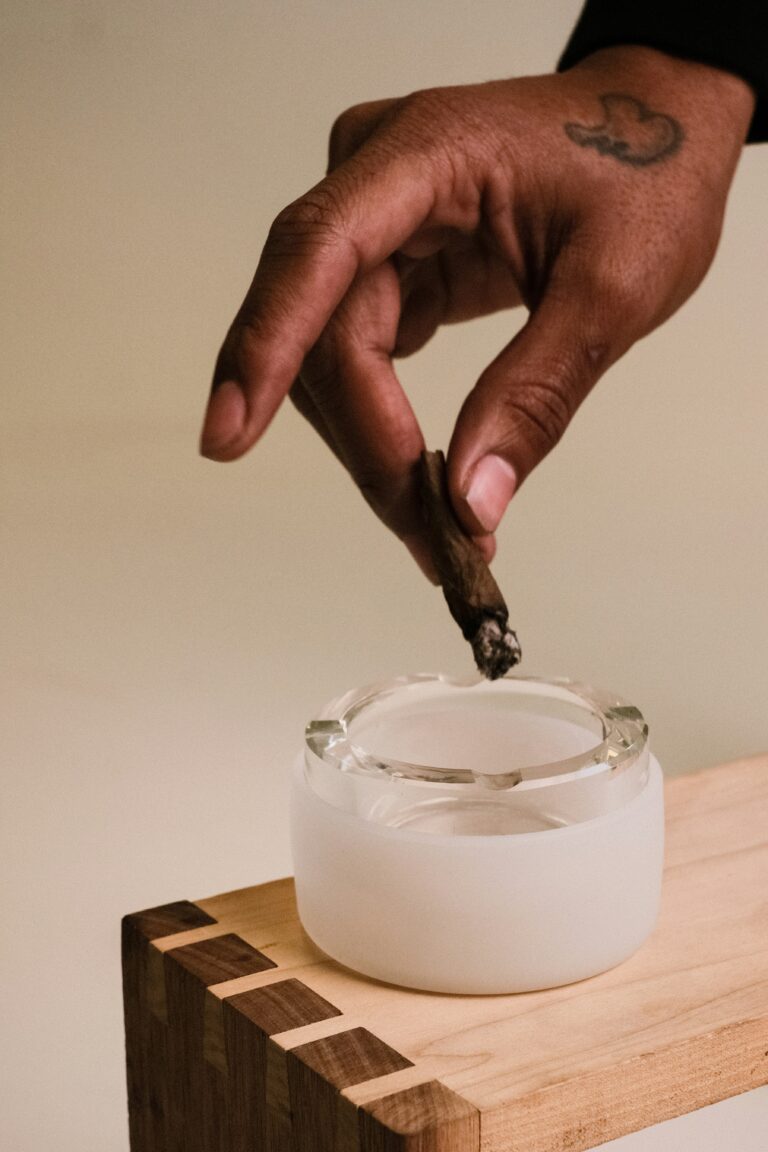In the tapestry of Black history, woven with resilience, creativity, and unyielding strength, lies a lesser-explored thread – the profound relationship between the African American community and cannabis. As we celebrate Black History Month, let’s delve into the historical roots and significance of cannabis in the black community.

The historical roots of cannabis use in African American culture are intertwined with a complex journey of survival, resilience, and cultural identity. During the era of slavery in the United States, cannabis was introduced to black communities through the knowledge brought by enslaved individuals from Africa. Cannabis, often referred to as “marijuana” or various street names, became a staple in these communities, serving both medicinal and spiritual purposes.
In the post-slavery period, particularly during the Jazz Age and the Harlem Renaissance, cannabis took on a new significance within African American artistic and intellectual circles. Jazz musicians, poets, and artists, seeking inspiration and a means of self-expression, embraced cannabis as a tool to break free from societal constraints. The plant became a symbol of cultural resistance and a medium through which African Americans could challenge the status quo.

The War on Drugs in the latter half of the 20th century disproportionately affected black communities, leading to a surge in cannabis-related arrests and convictions. This period underscored the racial disparities in drug enforcement policies and heightened the stigma surrounding cannabis within the African American community.
Today’s Black culture is asserting its agency in shaping the narrative around cannabis, reclaiming the plant as an integral part of self-expression, community, and empowerment. As cannabis continues to shed its historical stigma, it has become a canvas upon which contemporary Black culture paints a narrative of resilience, celebration, and a commitment to fostering positive change.
Despite many challenges, cannabis has persisted as an element of cultural unity and resistance in the black community. In recent years, as cannabis legalization efforts gain momentum, there is a growing movement within the African American community to reclaim and destigmatize the plant. Through acknowledging and understanding the historical roots of cannabis use, there is an opportunity to celebrate its cultural significance while advocating for equity and justice in the evolving landscape of cannabis legalization.